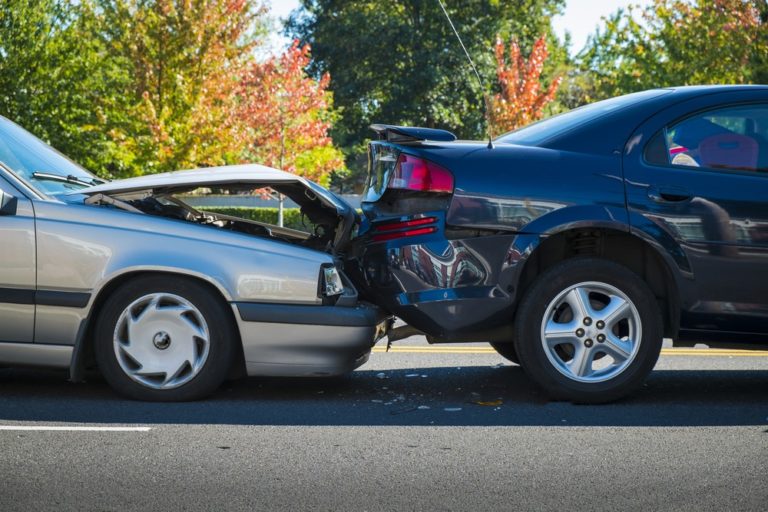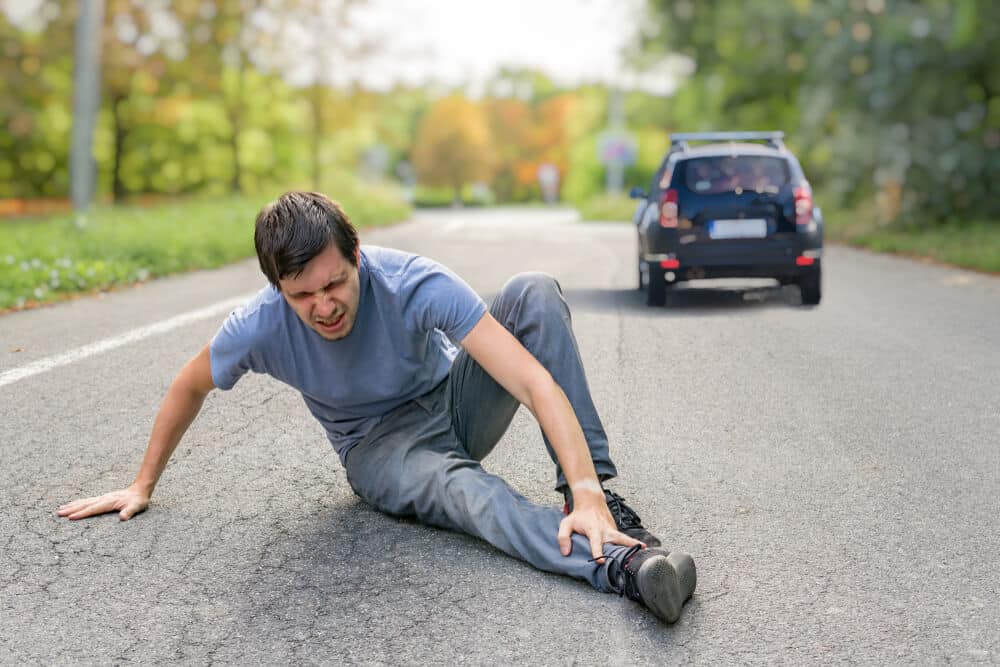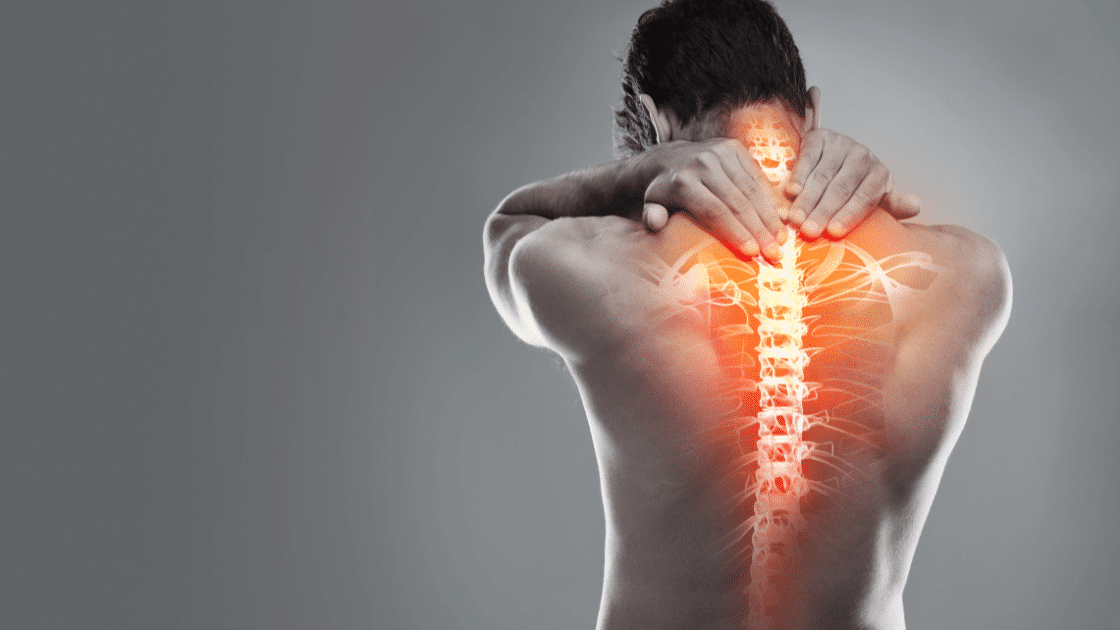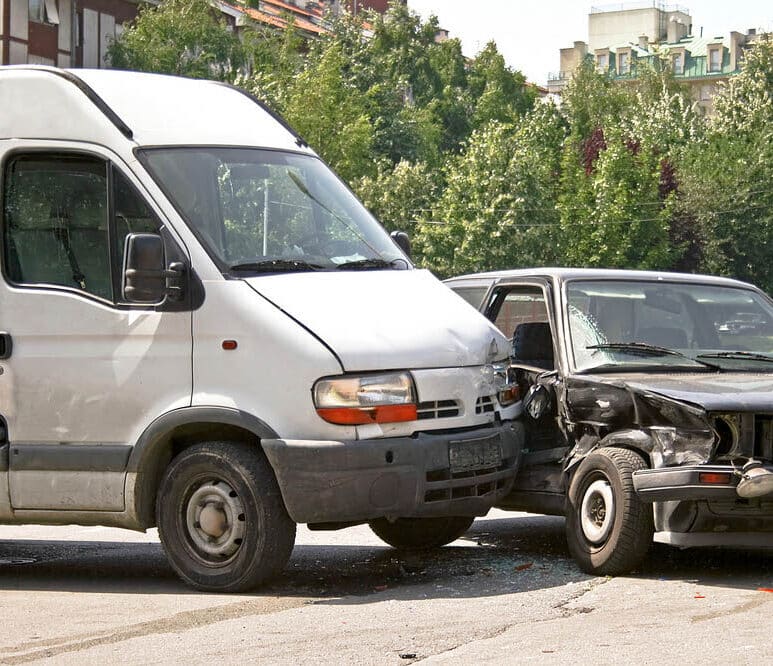
- Why the Rear Driver Is Typically Blamed
- How to Establish Fault in Rear-End Accidents
Rear-end collisions are one of the most common types of car accidents, often leaving victims with injuries, vehicle damage, and many unanswered questions. In most cases, it is assumed that the driver in the back is always at fault, but is this assumption always correct? At 770GoodLaw, we want to provide clarity on this issue because understanding liability in rear-end collisions can significantly impact your ability to recover fair compensation.
Why the Rear Driver Is Typically Blamed
In the majority of rear-end collisions, the trailing driver is considered at fault. The reasoning behind this assumption is based on basic driving principles: every driver must maintain a safe following distance and be prepared to stop if the vehicle ahead slows down suddenly. If the trailing driver doesn’t stop in time, they likely weren’t paying attention or following closely enough, making them responsible for the crash.
Common Causes of Rear-End Collisions:
- Distracted driving (such as texting or using a phone)
- Tailgating
- Speeding
- Driver fatigue
- Driving under the influence
When the rear driver is distracted, too close to the lead vehicle, or not in control of their speed, they may not have enough time to react if the vehicle in front brakes or slows down suddenly.
When the Lead Driver Could Be at Fault
While rear drivers are often blamed, there are several situations where the lead driver can share some or even all of the responsibility for a rear-end collision. Determining fault isn’t always black and white, and the lead driver’s actions can contribute to the crash in several ways.
Sudden or Unjustified Stops
If the lead driver stops suddenly without a valid reason (like to avoid a hazard or for traffic), they could be partially or fully at fault. Slamming on the brakes to make a last-minute turn without signaling can catch the trailing driver off guard, leading to a rear-end collision.
Mechanical Failures
If the lead vehicle has faulty brake lights or other mechanical failures, it may not give the rear driver proper warning of a stop or slowdown, placing fault on the lead driver or their vehicle’s manufacturer.
Reverse Driving
In some cases, if the lead driver accidentally (or intentionally) drives in reverse and causes a collision, they could be held responsible. This often occurs in parking lots or during improper maneuvers on the road.
Road Rage or Aggressive Behavior
If the lead driver engages in aggressive driving behavior, such as brake-checking or sudden lane changes, this can provoke a rear-end collision, making them partially responsible for the accident.
How to Establish Fault in Rear-End Accidents
Determining fault in rear-end collisions often requires a thorough investigation. Here are some steps to establish liability:
- Gather Evidence: Document the accident scene with photos, witness statements, and police reports.
- Review Traffic Laws: Understanding relevant traffic laws can help clarify who was in violation at the time of the accident.
- Consult with Experts: Accident reconstruction experts can analyze the crash dynamics and provide insights into liability.
Protecting Your Rights After a Rear-End Collision
If you’ve been involved in a rear-end collision, it’s essential to protect your rights and seek legal counsel. Your health should be your top priority, so seek medical attention even if injuries seem minor. Notify your insurance company as soon as possible to initiate the claims process, and consult a personal injury attorney who can help you navigate the complexities of the claims process and ensure you receive fair compensation.
At 770GoodLaw, we specialize in car accident cases and can help you understand your rights and options after a rear-end collision. Our team will work tirelessly to gather evidence, negotiate with insurance companies, and fight for the compensation you deserve.
In Conclusion
Rear-end collisions can lead to significant injuries and damages, and understanding who is at fault can be crucial in pursuing your claim. Whether you are the rear driver or the lead driver, it’s essential to have knowledgeable legal representation to help you navigate the complexities of liability. If you’ve been involved in a rear-end collision and need guidance, don’t hesitate to contact 770GOODLAW, Car Accident Lawyers. We are here to support you every step of the way.
If you’ve been injured in a rear-end collision or any car accident, reach out to us at 770GoodLaw. Our experienced attorneys are committed to helping you recover the compensation you need to move forward. Check out our website for more information, or contact us for a free consultation.






